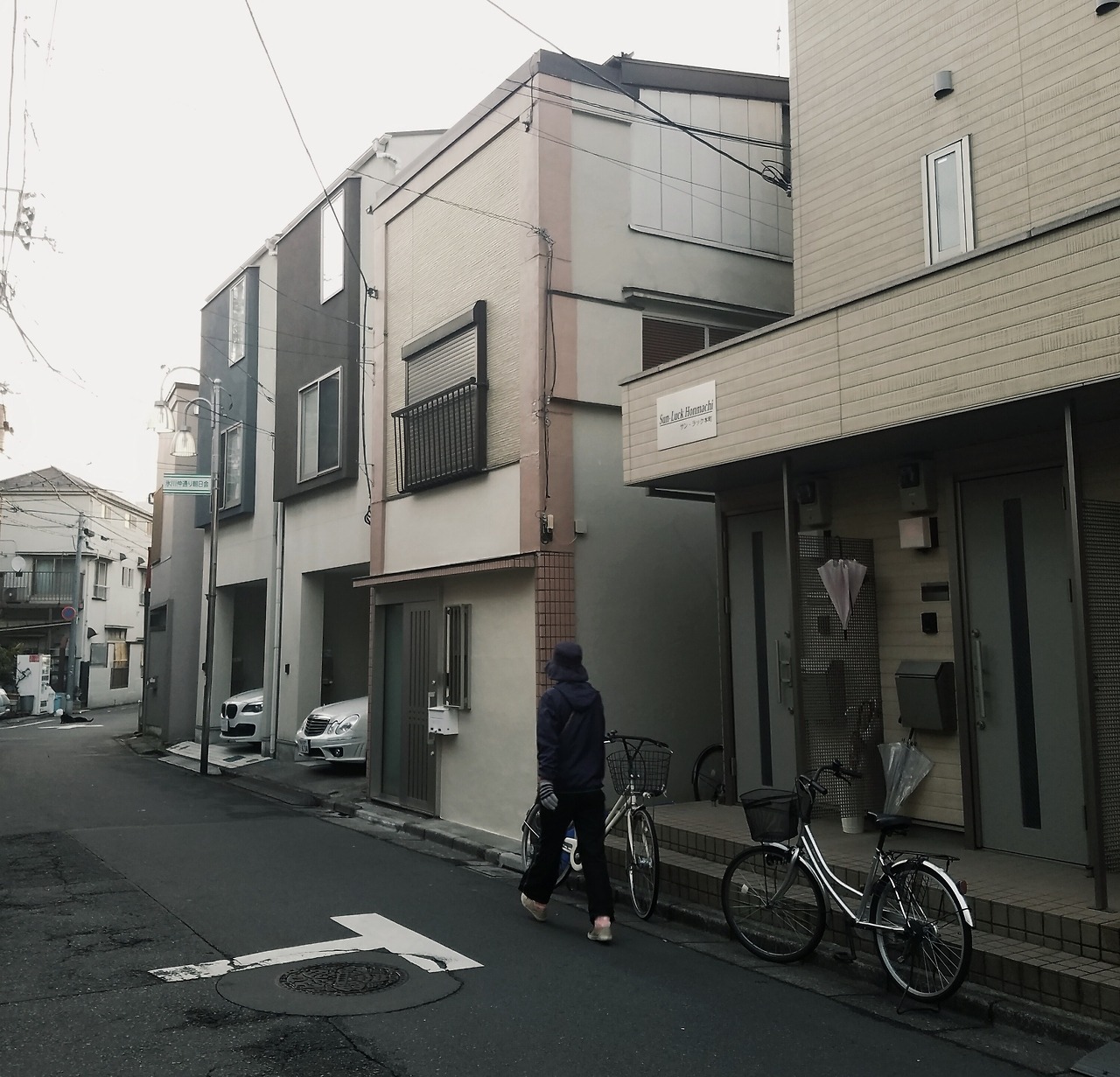
In Cambridge, we'd celebrate Bridgemas - a faux-Christmas at the end of November, but with all the trappings. The choir would sing carol services, colleges would have bridgemas formals with all the christmassy foods, people would give bridgemas presents and the christmas lights would go on in the streets. Everything looked like Christmas, and when you broke up for the holidays it felt like a continuation of that excitement.
It's quite different this year in London. Whilst the lights are up in Oxford and Regent street, they aren't in Highgate (except for a rather straggly neon outline of the Nativity on the Archway Methodist Church which I usually don't notice, or feel rather sorry for when I do), and rather than a cessation of work and burrowing down in to bridgemas feels, I've been working on essays and presentations as the school term stretched longer into December.
And yet, in a way I feel like I've connected with Christmas still, though in a different way this year. I've been waking up exhausted, and the first thing I do (after switching off my alarm) is reach for my phone, open up my email and then close my eyes again as I listen to a desiring god devotional. They've been focused on advent, and although listening to them in my half-waking state means many are forgotten, some have stuck - like the one that reminded me that no matter how insignificant I feel he is a Big God who works through the world's seemingly impersonal movements (hello brexit vote, hello Caesar Augustus' census) for the little, individual people he loves. Or one I listened to yesterday (or the day before?) about how Jesus, the long awaited Messiah, coming to earth is a relief and joy, the same 'at last - oh!' of a lost child seeing their mother.
In work too, I've been reminded of the beauty of Christmas. The first millennium Southeast Asian court, invested in Saivism, Vaishnavism, animism and/or Buddhism, might seem the furthest thing from Christianity (so often associated with the West - but 1) Jesus was born in the middle east 2) God has no ethnicity, race, geographical or time boundaries). Yet in the midst of writing an essay on the Saiva Pasupata sect I came across an incredible book by Paul Mus (India from the East), arguing that the early southeast asian people believed in an 'earth god', a god who was 'profoundly impersonal […] a being abstracted from man', and that their worship of stones, lingas, and later anthropomorphic statues as they absorbed and adapted Indic religions were rooted in their desire to 'make perceptible the passage of the amorphous deity to its accessible manifestation'. That basic desire for a God we can understand as a tangible, personal being -- that is in part what Jesus answered when he appeared in the form of a child (And the Word became flesh and dwelt among us. - John 1:14).
Yet where the Southeast Asian societies manifested their God in the form of ferocious and powerful deities (think Heruka/Bhairava/Hevajra/Siva/Kali...) Jesus came vulnerable, as a child who was put to death - who would invent a God like that to clothe the notion of a powerful, impersonal God?
I am thankful for these advent reminders in unexpected places. And I am reminded, of course, that on that first Christmas, the people of Israel did not have bright lights, cheery carols and presents to excite them about the birth of their saviour. They just had long-ago prophet's promises, and the need (the need in all of us) for the hope the Messiah would give. We have new promises of the fulfillment of the hope Christ has given, and so without lights or trees or songs I can celebrate the Messiah and wait for the 'at last- oh!' moment when he comes again.

